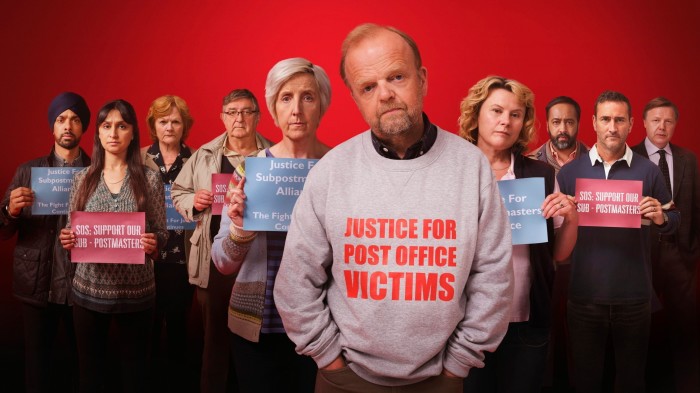Unlock the Editor’s Digest for free
Roula Khalaf, Editor of the FT, selects her favourite stories in this weekly newsletter.
Corporate whistleblowers are rarely celebrated. More often they are seen as the enemy within — marginalised or blacklisted after speaking out. Little wonder that there is a push in the UK to create an independent body for insiders to have a clearer and safer route to disclose misconduct.
A private member’s bill — due for its second reading in the Commons later this month — seeks to establish an Office of the Whistleblower to centralise and triage disclosures, enforce standards and preserve anonymity as well as redress for those who take personal and professional risks to speak up.
While the bill has some cross-party support, it has no real champion in government. Labour, already facing criticism for anti-business policies, will be reluctant to back anything that could be framed as introducing more red tape. As one FTSE chair said, the mere idea of this body screams “more regulation, costs and time”.
Yet the case for reform is clear. High profile examples of failure are plentiful — from the Post Office Horizon scandal to Barclays’ whistleblowing probe. “There is an endless list,” says Baroness Susan Kramer, who has been pushing for support for the bill. The poor handling of whistleblower disclosures is as much an issue for public institutions as the corporate world. “From the contaminated blood scandal to Grenfell, these could have been caught early or stopped . . . at some point someone has to say enough already.”
For companies, reputational risk now spans employee activism and the personal conduct of executives to disinformation campaigns. It’s a strategic necessity for larger businesses in particular to have a proper system for disclosures.
Yet the avenues for reporting misconduct are not fit for purpose. Staff often bypass internal hotlines, suspecting interference from the very leaders overseeing wrongdoing. If disclosures are made, suppression or retaliation may well follow. Lauren Branston at the Institute of Business Ethics said the lack of a “speak up” culture at a company usually indicated broader issues.
A complaint directly to the Financial Conduct Authority or the Serious Fraud Office means whistleblowers must navigate a complex network of authorities. These organisations offer little in the way of protection, transparency or meaningful engagement. The FCA itself has been criticised for mishandling complaints from its own employees. Those that turn to the press are likely to have tried other methods first.
The fundamental flaw in the UK’s regime is that whistleblowers only have real protection under employment law. Georgina Halford-Hall, chief executive of advocacy group WhistleblowersUK says the focus quickly turns to individuals trying to prove the harm they’ve suffered rather than the seriousness of what they’re exposing. “Everyone has to effectively become a complainant in an employment tribunal,” she says. Whistleblowers have the burden of speaking out while navigating a courts system that can seem stacked against them. Most back out.
Contrast this with the US, where the Securities and Exchange Commission has institutionalised whistleblowing as a pillar of enforcement. It offers anonymity, legal protection and hefty financial rewards. Whistleblowers can receive up to 30 per cent of any monetary sanctions resulting from tips, provided the penalties exceed $1mn. The SEC has paid out more than $2bn since the programme started in 2011.
Sceptics argue that financial incentives would flood UK regulators with petty grievances. Perhaps, but the SEC says it specifically invites information from senior employees that would otherwise never see the light of day. Even the UK’s tax authority HMRC has recognised the value of this model and recently introduced a more lucrative reward for whistleblowers.
Executives often say they welcome whistleblowers. But in practice, the exposure such disclosures bring is rarely embraced. A scandal that breaks into public view can wipe billions from market value, attract regulatory scrutiny and tarnish reputations. From Tesco’s accounting troubles to Wirecard’s implosion — they all involved whistleblower warnings that were ignored or mishandled.
If managed well, whistleblowing can raise standards and avert disaster. The flip side is that it exposes how fragile a company’s internal structures are. It’s clear in the UK that whistleblowing processes need a shake-up. It would not eliminate risk for companies, but it would raise the bar for how they operate.




